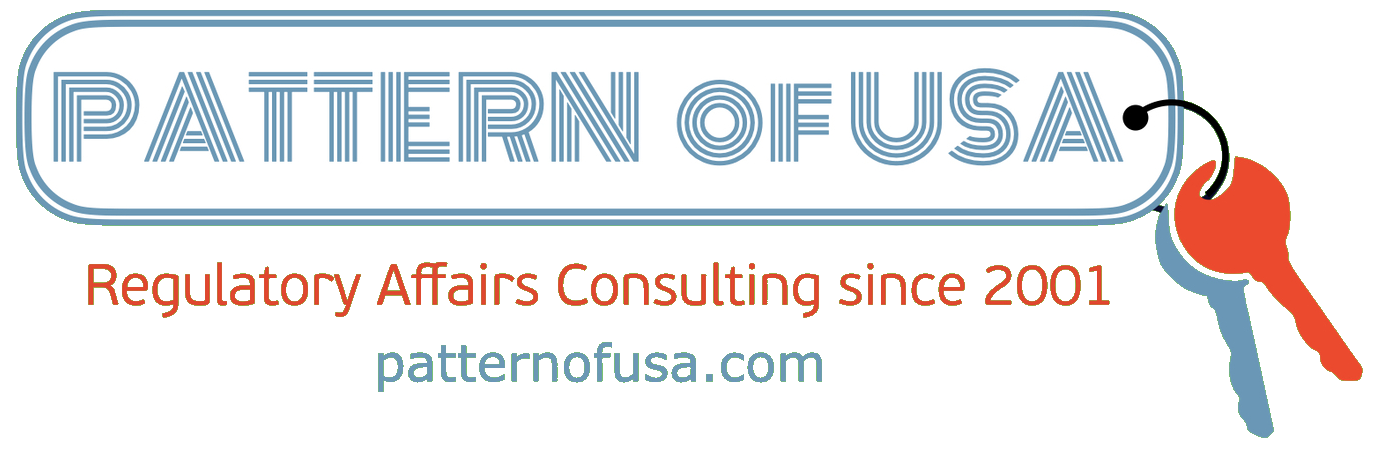Major Adverse Incident Impacts Neurogene’s Therapy for Rett Syndrome


Neurogene is advancing two gene therapy candidates through phase 1/2 clinical trials targeting Rett syndrome and Batten disease, both of which are rare genetic neurological conditions.
The phase 1/2 study for Rett syndrome involves the company’s primary adeno-associated viral vector (AAV)9 gene therapy, named NGN-401, aimed at delivering the complete MECP2 gene.
To date, 5 children with Rett syndrome have been administered a low dose, while 3 received a high dose of the therapy. The company reported last week that among the initial four children (aged 4-7 years) treated at the low dosage, significant efficacy results were achieved at the 15-month mark, with continued improvement observed over time.
However, the company recently disclosed concerning news regarding a patient who received the high dose treatment and experienced a serious adverse event. The therapy induced a rare systemic hyperinflammatory syndrome, which is a potentially life-threatening reaction occasionally seen with high doses of AAV gene therapies. The patient’s condition is critical.
Following the event earlier this month, Neurogene promptly notified the FDA, which permitted the continuation of the low-dose treatment group but paused the high-dose arm. No additional serious adverse events have been reported within either treatment group during the trial.
“We are deeply saddened for the family. While no words could provide comfort to her family, we ask the Rett syndrome community to join us in sending heartfelt thoughts to her family, friends, and the dedicated clinicians who are caring for her,” stated Rachel McMinn, Founder and CEO of Neurogene. “The safety of our clinical trial participants remains our top priority as we pursue solutions for this devastating condition.”
This unsettling news resulted in a 20% drop in the company’s stock price. While the low-dose trial continues, the overall study will face delays to amend the trial protocol due to the suspension of the high-dose segment.
Additionally, in a recent third-quarter update, Neurogene revealed it would discontinue development of its second gene therapy candidate (NGN-101) for Batten disease, citing challenges in finding a viable pathway to FDA approval.
Addressing an Unmet Need
Rett syndrome is a neurological disorder impacting approximately 1 in every 10,000 female births, stemming from a mutation in the MECP2 gene located on the X chromosome. This mutation results in inadequate levels of methyl cytosine binding protein 2, a protein essential for proper brain and nervous system function.
The majority of cases arise from new mutations rather than inheritance and predominantly affect girls, as boys with this condition usually do not survive beyond infancy. Symptoms may vary significantly and can manifest as early as six months, affecting developmental milestones and motor function, with progression over time.
Currently, there is no definitive cure for Rett syndrome; however, an oral anti-inflammatory medication called trofinetide, developed by Neuren Pharmaceuticals, received approval last year to alleviate some symptoms associated with the condition.
Should an effective gene therapy be developed for Rett syndrome, especially if administered early, it could profoundly enhance the quality of life and neurological development for these affected children as they mature.
